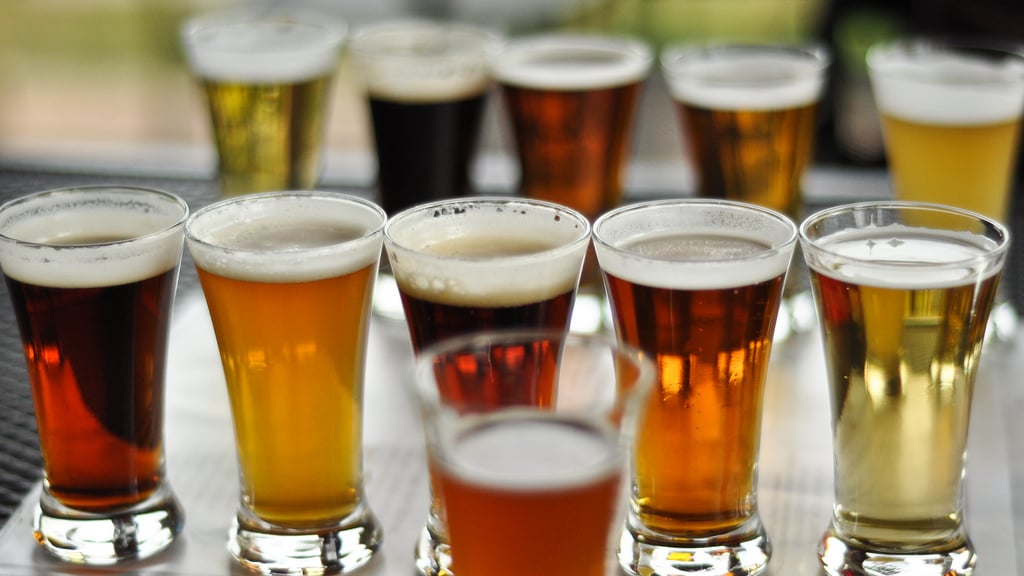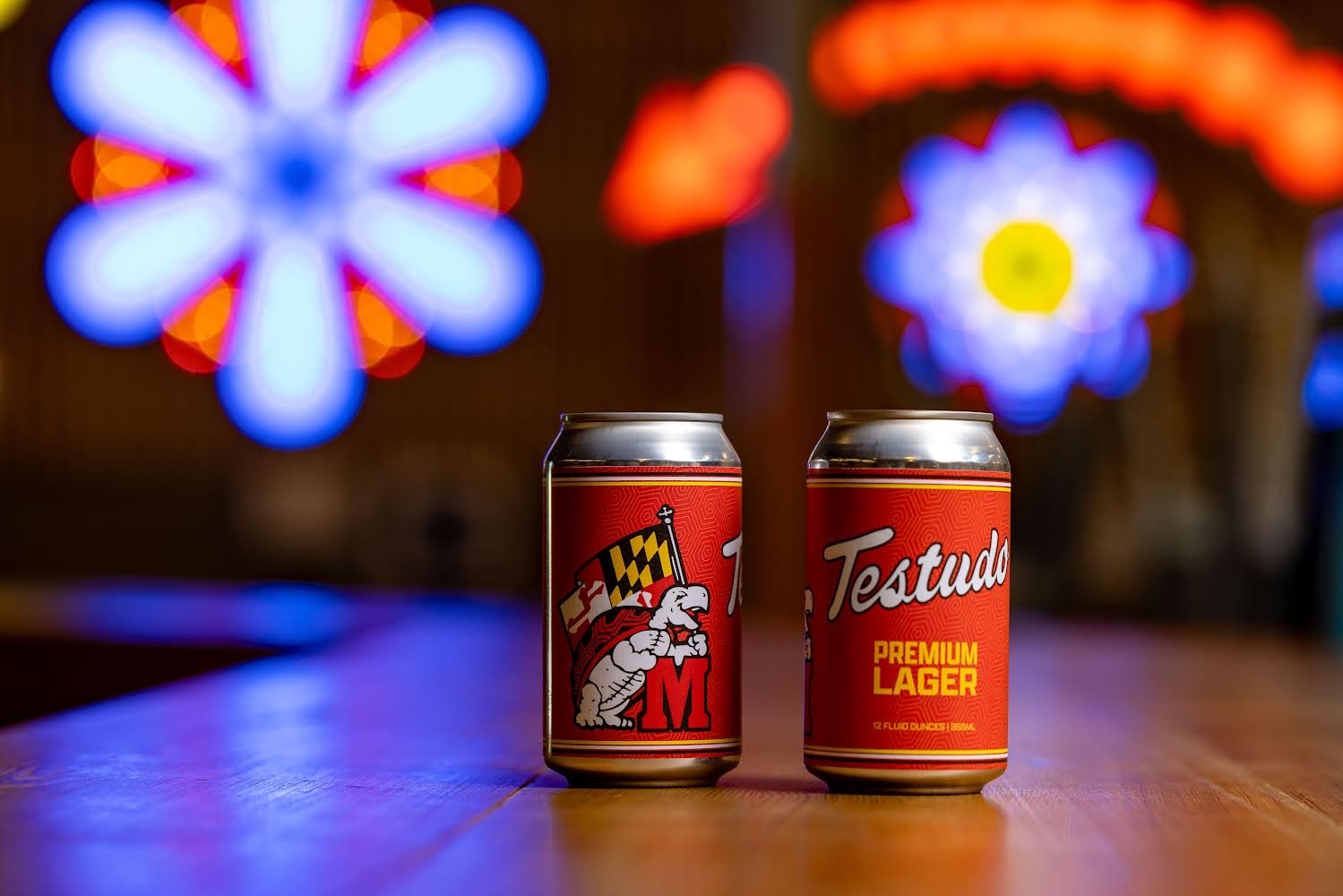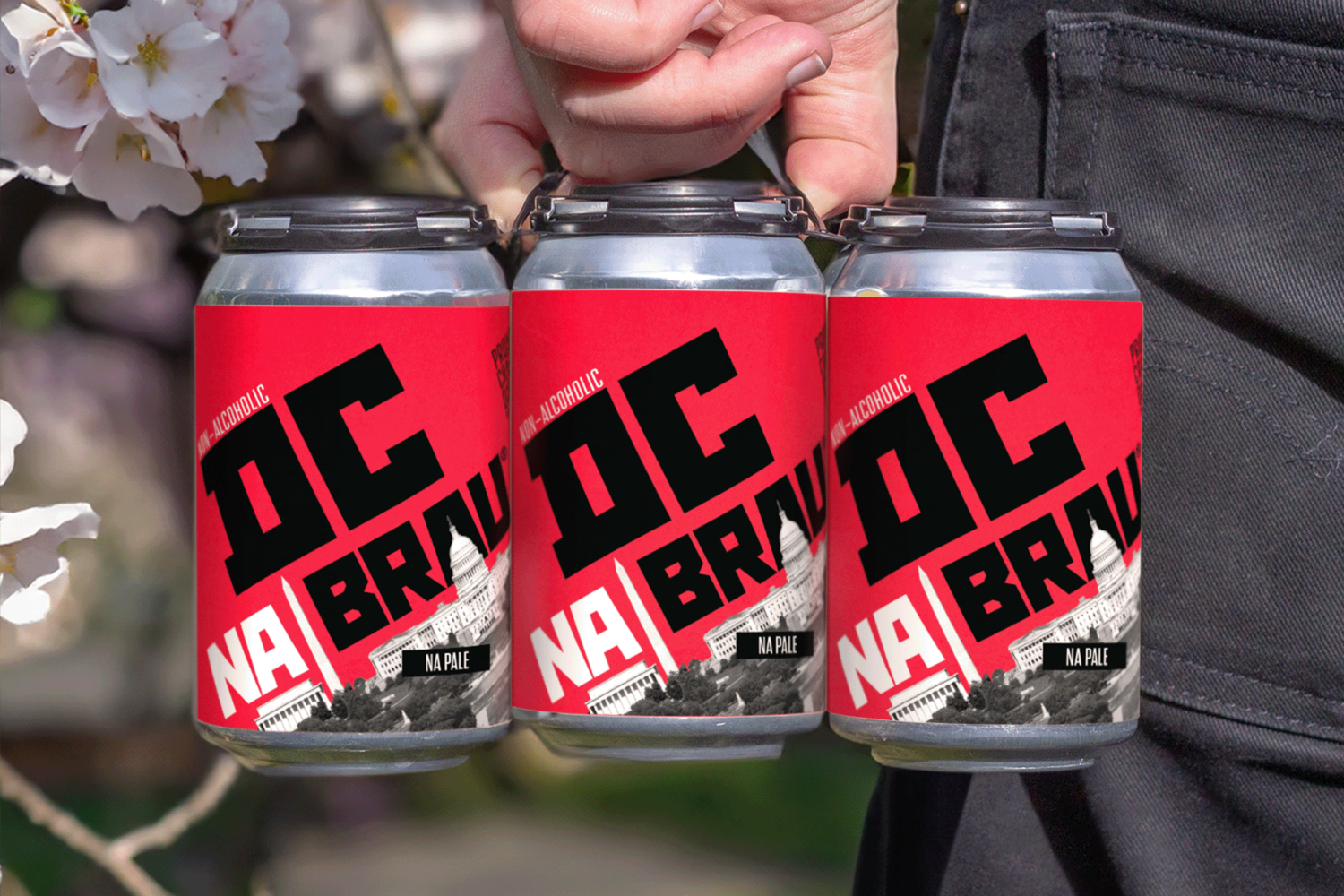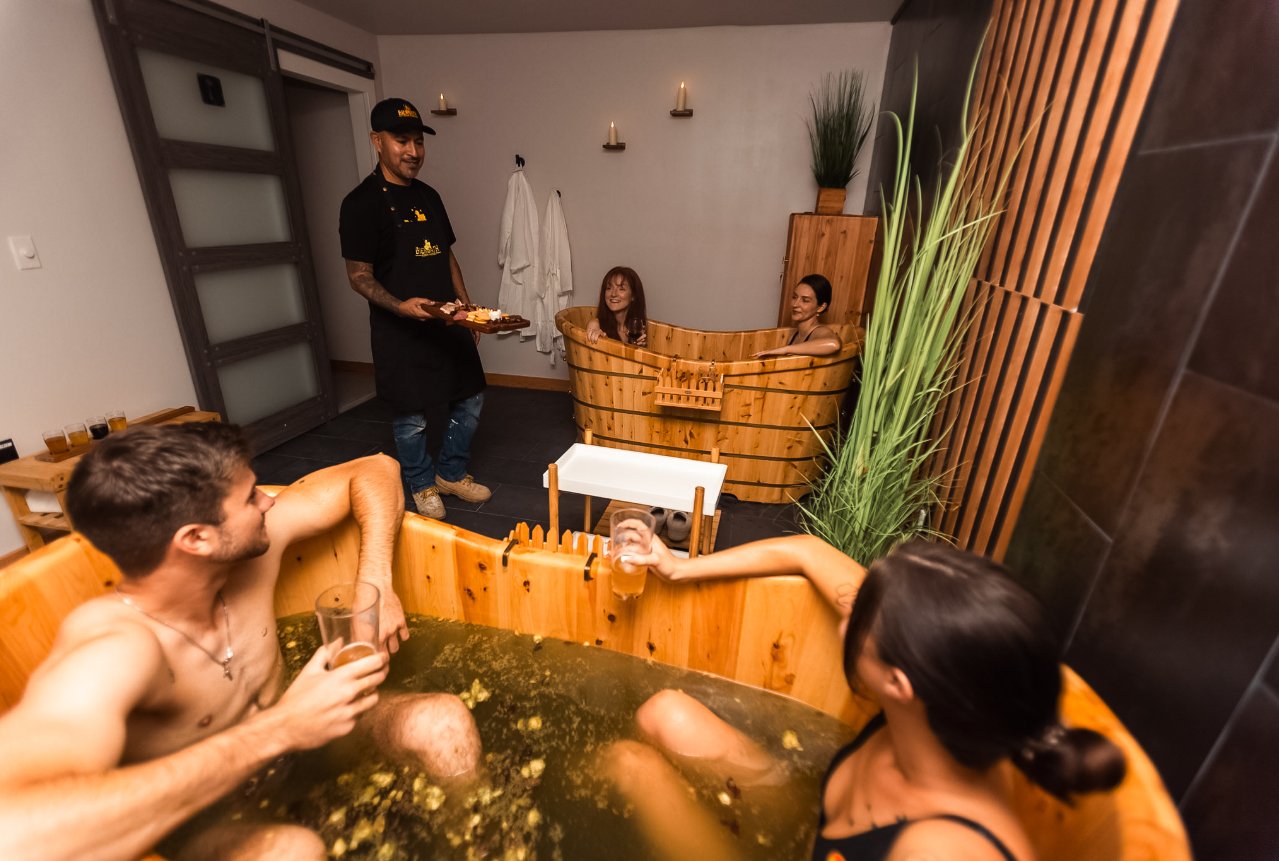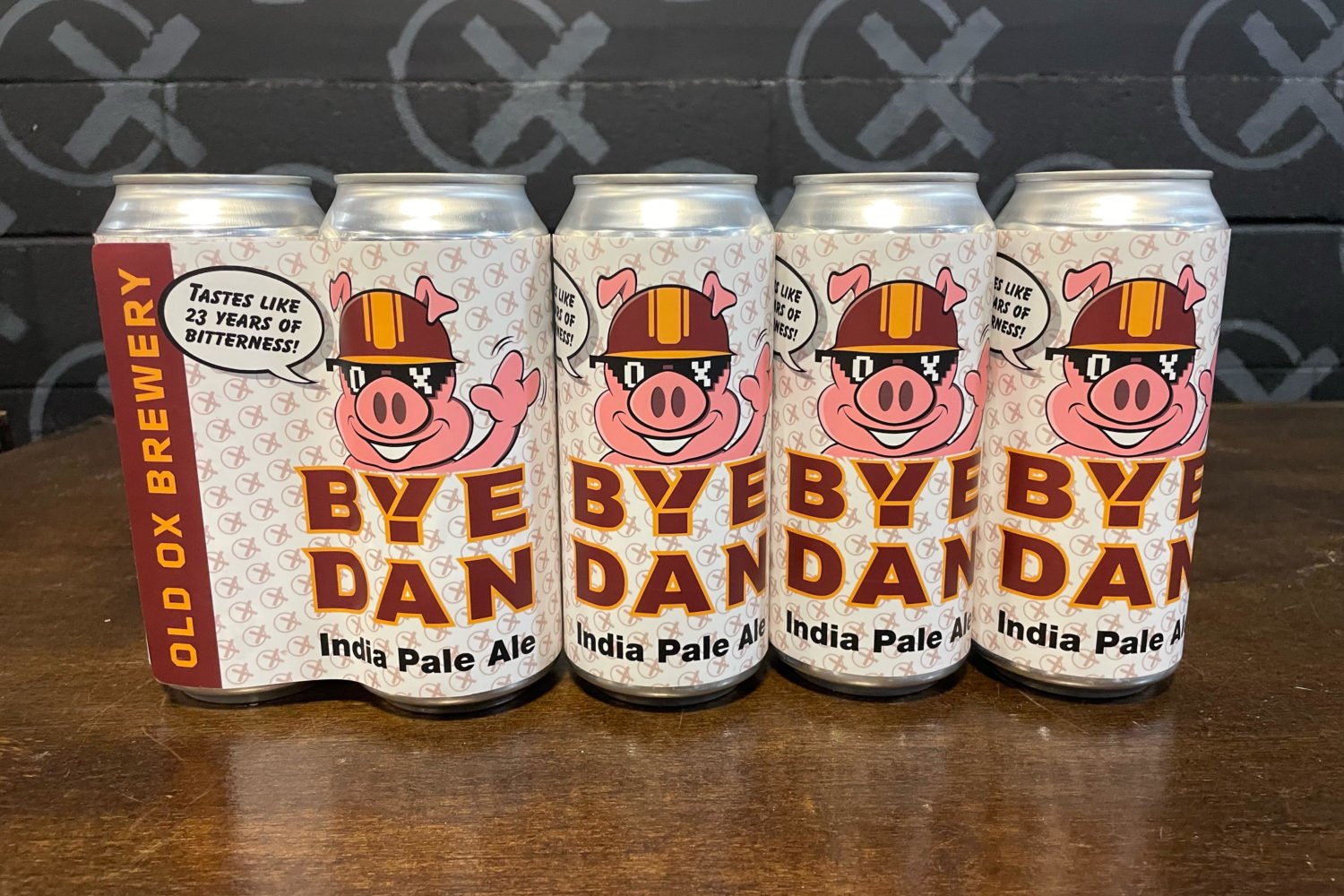The world’s largest brewer’s acquisition of craft-beer brands hit Virginia’s brewing scene Tuesday when Anheuser-Busch announced it is taking over Devils Backbone Brewing Company. The sale, the cash value of which is not public, brings Devils Backbone into a group of other regional craft breweries that Anheuser-Busch has been buying up over the past several years.
Based in Nelson County, about 150 miles southwest of DC, Devils Backbone has been one of Virginia’s fastest-growing breweries since it opened in 2008, producing about 67,000 barrels last year. Its Vienna Lager, Eight Point IPA, and Danzig porter are frequently stocked at Washington-area bars and stores; last year it started expanding throughout the South with sales in North Carolina and Tennessee.
Steve Crandall, Devils Backbone’s co-founder and chief executive, says in a press release that he and the rest of the brewery’s management team are staying on through the Anheuser-Busch acquisition “for many years,” but the merger suggests Devils Backbone won’t be just a mid-Atlantic speciality for much longer.
Anheuser-Busch is putting Devils Backbone in its High End portfolio, which includes mass-market brands Stella Artois and Shock Top, but also a number formerly independent craft breweries the corporation has bought in recent years, including Chicago’s Goose Island, Long Island’s Blue Point, Seattle’s Elysian (maker of an infamous pumpkin peach amber ale), and Colorado’s Breckenridge Brewery. Those regional outfits have become national brands since being brought into the Anheuser-Busch’s fold, and it appears Devils Backbone is about to share the same destiny. In the press release announcing the sale, Crandall says Devils Backbone plans to “bring locally crafted Virginia beer to the nation.”
But should fans of Devils Backbone’s offerings be worried? Craft breweries are by nature experimental and nimble, while huge corporations tend to behave conservatively. Anheuser-Busch may still control one-quarter of the world’s beer market, but all the growth in beer sales has come from craft outlets, which grew to 12 percent of the overall market in 2015, according to the Brewers Association, a trade group for independent breweries. Anheuser-Busch’s Bud Light remains the most popular individual beer, but sales of the watery lager have been slowly dropping for years.
Anheuser-Busch’s recent history with its craft acquisitions suggests its purchase of Devils Backbone might not hurt the product. While production of some of Goose Island’s more popular brews, like the 312 Urban Wheat Ale, has been moved from Chicago to a huge Budweiser plant outside Syracuse, New York, it now ships nationwide but hasn’t suffered any drop-off in quality. A 2015 story in Bloomberg Businessweek also reported that Anheuser-Busch increased the staff at Goose Island but has largely left the brewing team there to its own devices.
Still, Devils Backbone is as much a pillar of the region’s beer community as it is a purveyor of beverages. It’s been a regular sponsor of the Savor craft beer and food festival, and the host of the Virginia Craft Brewers Fest. The 2016 version of the Virginia festival is scheduled for August 20 at the usual spot of the Devils Backbone brewpub in Roseland, property now owned by Anheuser-Busch.

